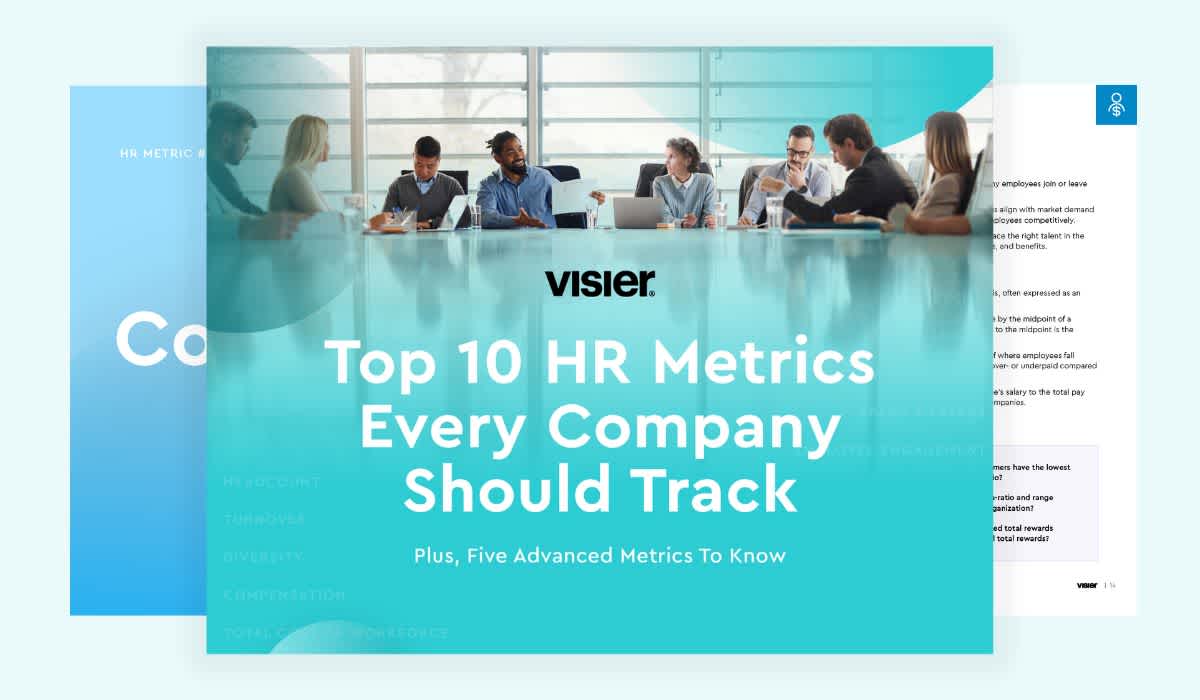“Am I Doing This Right?” Today’s Managers Lead in Times of Uncertainty
Managers face challenges like hyper-competition and workplace flexibility expectations. Democratization of data may be the answer.

Managers—and leaders of all kinds—have been flying by the seat of their pants for some time now. But in March 2020 when the pandemic emerged and “non-essential” employees were sent home, furloughed, or terminated (voluntarily or involuntarily), the employee management landscape changed significantly.
Since that time—more than two years later—many managers have learned through experience how to manage in a remote and hybrid environment, while others have pursued additional training and education. Most, though, continue to operate in a world where they’re not entirely certain that they’re doing things right.
Managers face new levels of uncertainty
Even in “normal” times, organizations and their managers faced uncertainty, ongoing change, and unexpected employee transitions. Now, though, as McKinsey pointed out in November 2020, “uncertainty can reach extreme levels, and the normal way of working becomes overstrained.” During these times, they say, “Traditional management operating models rarely prove adequate, and organizations with inadequate processes can quickly find themselves facing existential threats.”
A recent survey from Visier found that 91% of managers say they learned how to be a manager on the job, as opposed to formal training. And while managers overwhelmingly enjoy being a manager, nearly half (44%) have considered leaving a job due to feeling underprepared or unsupported in their role.
There are plenty of iconic companies that didn’t survive the pandemic. While, arguably, some were already on a downward decline pre-pandemic, many of these were simply unable or unwilling to shift their business and management models appropriately or quickly enough to remain viable. Retailers like Neiman Marcus, JCPenney, and Pier 1; restaurant chains like Chuck E. Cheese; and countless others were forced to file bankruptcy or go out of business entirely.
Even those companies still in business find themselves struggling with other potentially damaging crises related to their ability to attract, retain and engage employees: the Great Resignation and quiet quitting. Managers are, arguably, the first line of defense when it comes to engaging, and retaining, employees.
But managers today are increasingly uncertain about what works—and what doesn’t—as they navigate new work models. The impacts of the pandemic and employee engagement aren’t the only things they need to worry about.
Top challenges managers face in the modern workplace
In an article for Forbes, Forbes Councils Member Kiran Mann points to a number of challenges facing today’s managers in 2022 and beyond. They include:
Changing business trends and hypercompetition
Keeping up with digital technologies
The new era of employee engagement
Developing and retaining talent
Workplace flexibility expectations
What can help managers navigate in these uncertain and increasingly ambiguous times? Data. Unfortunately, that’s another area of uncertainty for many managers.
A McKinsey Global Survey on future workforce needs identified the top skills gaps that leaders say need to be addressed.
What topped the list? Data analytics, identified by 43% of respondents. The next item-—IT, mobile, and/or web design and management—was cited by 26%, giving an indication of just how critical the data analytics gap is.
And for good reason. Managers increasingly recognize the power and importance of data to help them make informed decisions about a wide range of business issues—including effective employee management.

Learn more about managing people in the future of work in this report by Deloitte and Visier.
How data can help
Organizations today, and their managers, understand the critical importance of data for informing decisions and practices. They often have a lot of data on hand—sometimes too much. In a world of “big data,” the sheer amount of information that is available can be overwhelming. In addition, many organizations struggle to ensure that data is made available to the right people when they need it—in a way they can understand.
The democratization of data provides direct access to data and analytics to help support workforce decisions—not just to HR staff members, but to other leaders, people managers—even employees themselves.
In addition, ensuring that data is presented in such a way that it can be readily understood and analyzed by managers can help ease concerns around “am I doing this right?”

In Gartner’s top priorities for HR leaders in 2023, manager effectiveness ranks #1.
Using metrics to evaluate manager effectiveness can help organizations spot best practices as well as performance gaps. Metrics like engagement scores, resignation rates, and promotion rates, for instance, give both leaders and managers themselves indicators of how well managers are doing at meeting both employee and organizational needs.
The value and power of data can’t be realized if it’s not actionable. Learn more.


